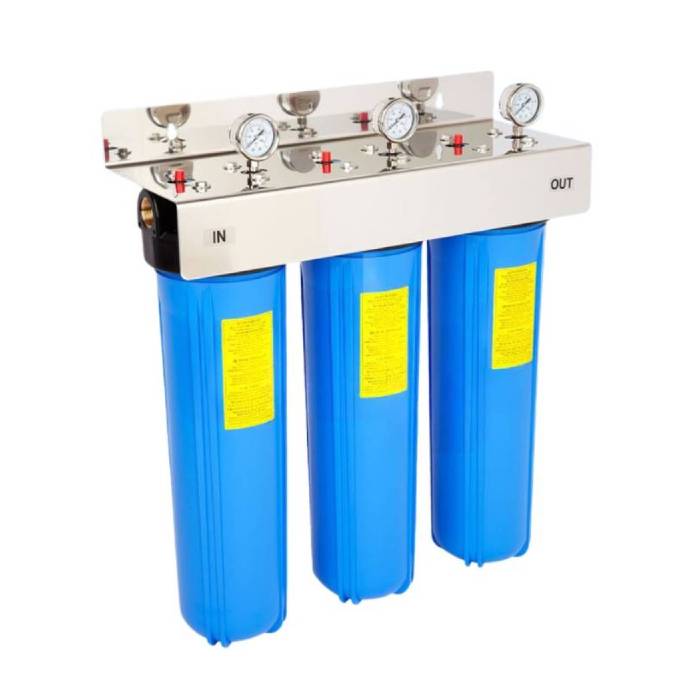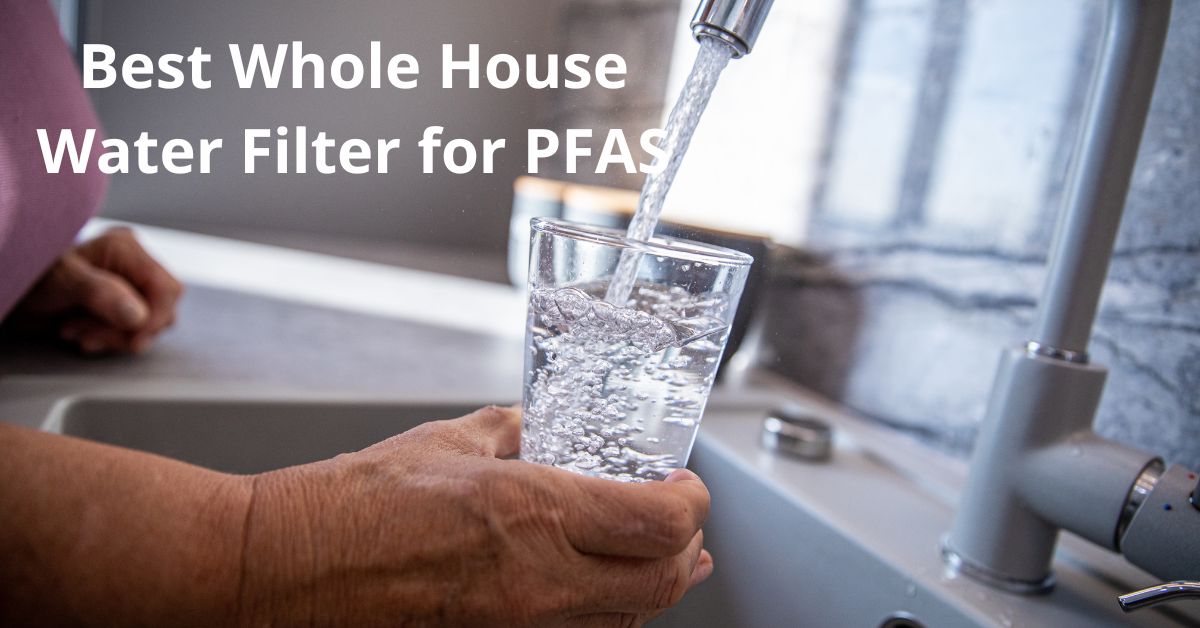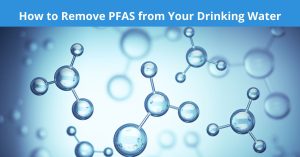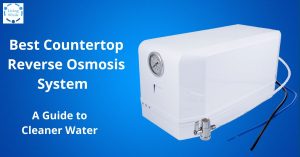Do Whole House Water Filters Remove PFAS?
As a homeowner and environmental health enthusiast, I’ve become increasingly concerned about PFAS (Per- and Polyfluoroalkyl Substances) in our water supply. These “forever chemicals” have gained significant attention in recent years, and for good reason. They’re persistent, potentially harmful, and found in everything from non-stick cookware to water-resistant clothing. But the most alarming part? The presence of these organisms in our drinking water is increasing.
Understanding the PFAS Threat
PFAS are a group of man-made chemicals that have been used in industry and consumer products since the 1940s. We refer to them as “forever chemicals” due to their difficult breakdown in both the environment and our bodies. Numerous health concerns have linked these substances to cancer, liver damage, decreased fertility, and increased risk of asthma and thyroid disease.
The Critical Role of Water Filter Systems for Home Protection
When I first learned about PFAS, I was determined to find the most effective water filter system for home protection. When it comes to eliminating these stubborn chemicals, not all filtration systems are equal. The key is understanding which technologies can actually tackle PFAS effectively.
Identifying Effective PFAS Removal Technologies
My extensive research revealed that not all whole house water filter systems are capable of handling PFAS. Here are the most effective approaches:
- Reverse Osmosis Water Filter Systems: These point of use systems are currently the gold standard for PFAS removal. Reverse osmosis works by forcing water through an incredibly fine membrane that can block particles as small as individual molecules. Most reverse osmosis systems can remove up to 99% of PFAS chemicals.
- Activated Carbon Filtration: High-quality activated carbon filters in a whole house water filter system can also be effective in reducing PFAS levels. These filters work by adsorbing the chemicals, trapping them within the carbon’s porous structure.
- Ion Exchange Resin: Another promising technology that can effectively remove PFAS from water. These systems use special resins that attract and trap the chemicals.
Whole House Water Filter System Considerations

When selecting a water filter system for home PFAS protection, consider these critical factors:
Look for efficient systems certified to remove at least 90% of PFAS. Ensure the system provides a good flow rate and can meet your household’s water demand. Some advanced filtration systems need more frequent filter changes so check on the maintenance requirements before deciding on a system. PFAS-effective systems can be more expensive but are worth the investment.
Beyond DIY: Why Professional Water Treatment Expertise Matters
While some homeowners might consider DIY installation, I strongly recommend professional assessment and installation. Experts can precisely configure the system required for PFAS removal. They conduct comprehensive water testing and can recommend the most appropriate filtration technology for your needs. They also ensure proper system installation and can provide ongoing maintenance guidance.
Protecting Your Home, Protecting Your Health
Investing in a high-quality whole house water filter system is more than a home improvement project—it’s a commitment to your family’s health and well-being. PFAS are a serious concern, but with the right filtration technology, you can significantly reduce your exposure.
Your Water, Your Choice
Not all water is of equal quality and by taking proactive steps and selecting an advanced water filtration system, you’re taking control of your home’s water quality. Stay informed, stay protected, and prioritise the health of your household.




